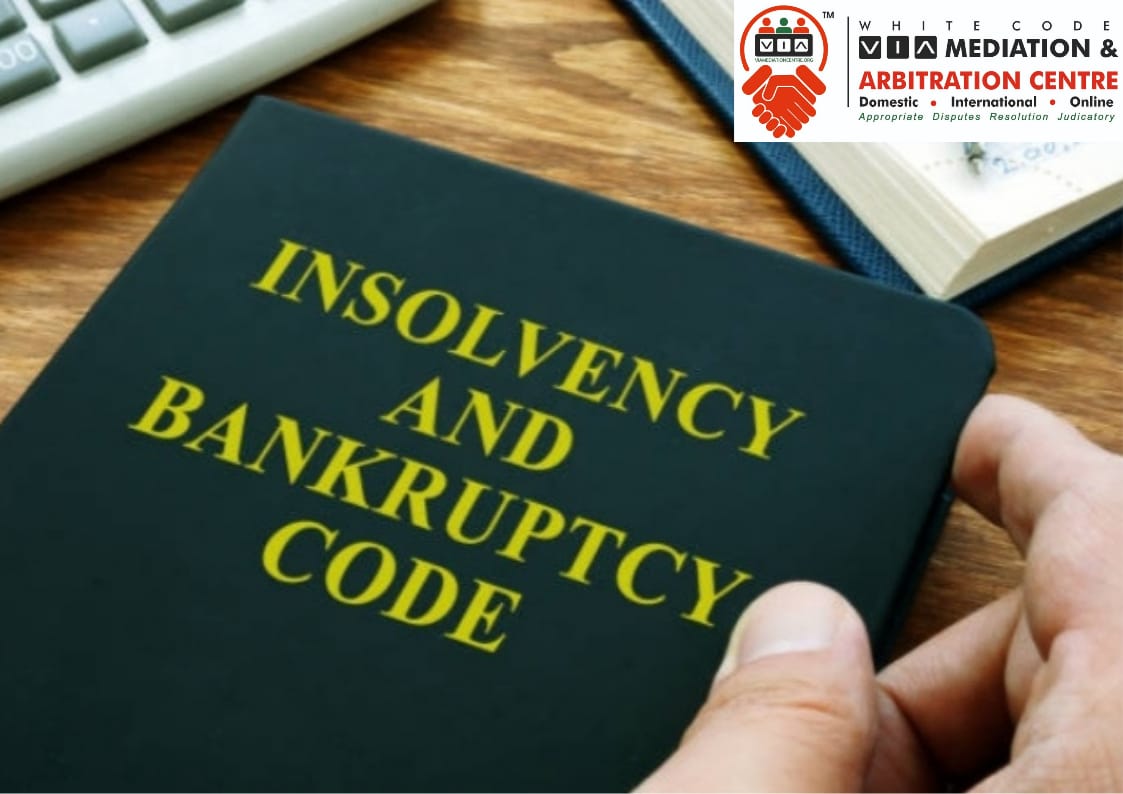Latest News
Singapore Mediation Bill- An Analysis

INTRODUCTION
As part of the government’s effort to grow Singapore as a destination for International Conflict Settlement, the Singapore Parliament recently passed the Mediation Bill, 2020 (‘Bill’). However, the provisions are yet to come into effect.
This bill has been executed from the United Nations Singapore Convention on Mediation (‘convention’). It is an international treaty on Mediation. Singapore has become one of the 53 countries to sign the convention. Other countries including China, the United States, and India.
The Convention seeks to make the cross-border conflict settlement process more accessible. It focuses on establishing a treaty-based regime on the international border for upholding agreements reached by international mediation.
Singapore has taken a momentous step to support its international commercial dispute resolution framework.
ANALYSIS OF THE BILL
Parties will appeal to the Singapore High Court to have an International mediated settlement arrangement recorded as an order of the court to implement the agreement in Singapore or invoke the agreement in some court proceedings in Singapore as a defence to a claim that has already been settled by the agreement, according to the Mediation Bill.
To get the International Settlement Agreement (ISA) registered as a court order, the implementing party must apply the International settlement agreement (or a signed copy) along with supporting proof that negotiations, such as: reached the international settlement agreement
i. The mediator’s signature on the ISA;
ii. A certificate stating that the intervention was completed, signed by the mediator who conducted it.
iii. A statement from the organisation that handled the mediation; or
iv. Any other facts appropriate to the court before which the appeal is rendered in the absence of subparagraphs I (ii), or (iii).
The below are some of the reasons that an application could be denied:
i. If the ISA was done under incapacity
ii. If any law which is related to the ISA becomes null and void, then it will not be binding
iii. If the application is conflicting with the terms of the ISA
iv. If a serious breach has been performed by a mediator (who carried the mediation) and that gave rise to ISA, without which the parties would not have entered into the international settlement agreement.
v. If the submissions are conflicting with public policy
vi. The mediator failed to report conditions that cast reasonable doubt on the mediator’s impartiality or integrity, which had a material effect or unfair control on a party and without which the party might not have entered into the international arbitration agreement
The Singapore Convention enters into force six months after the third instrument of ratification, recognition, consent, or accession is deposited, according to Article 14(1). The Mediation Bill will take effect on a later date after the Singapore Convention comes into force. It will have a bearing on how an international arbitration deal can be drafted, especially whether one of the parties is a Singapore party or has assets in Singapore.
This Article Does Not Intend To Hurt The Sentiments Of Any Individual Community, Sect, Or Religion Etcetera. This Article Is Based Purely On The Authors Personal Views And Opinions In The Exercise Of The Fundamental Right Guaranteed Under Article 19(1)(A) And Other Related Laws Being Force In India, For The Time Being. Further, despite all efforts made to ensure the accuracy and correctness of the information published, White Code VIA Mediation and Arbitration Centre shall not be responsible for any errors caused due to human error or otherwise.
- introduction to the Bill passed by Singapore Government
- A brief analysis of the bill
- It also mentions reasons for an application to be denied







































































































































































































































































































































































































































































































































































































































































































































































































































































































































































































































































































































































































































































































































































































































































